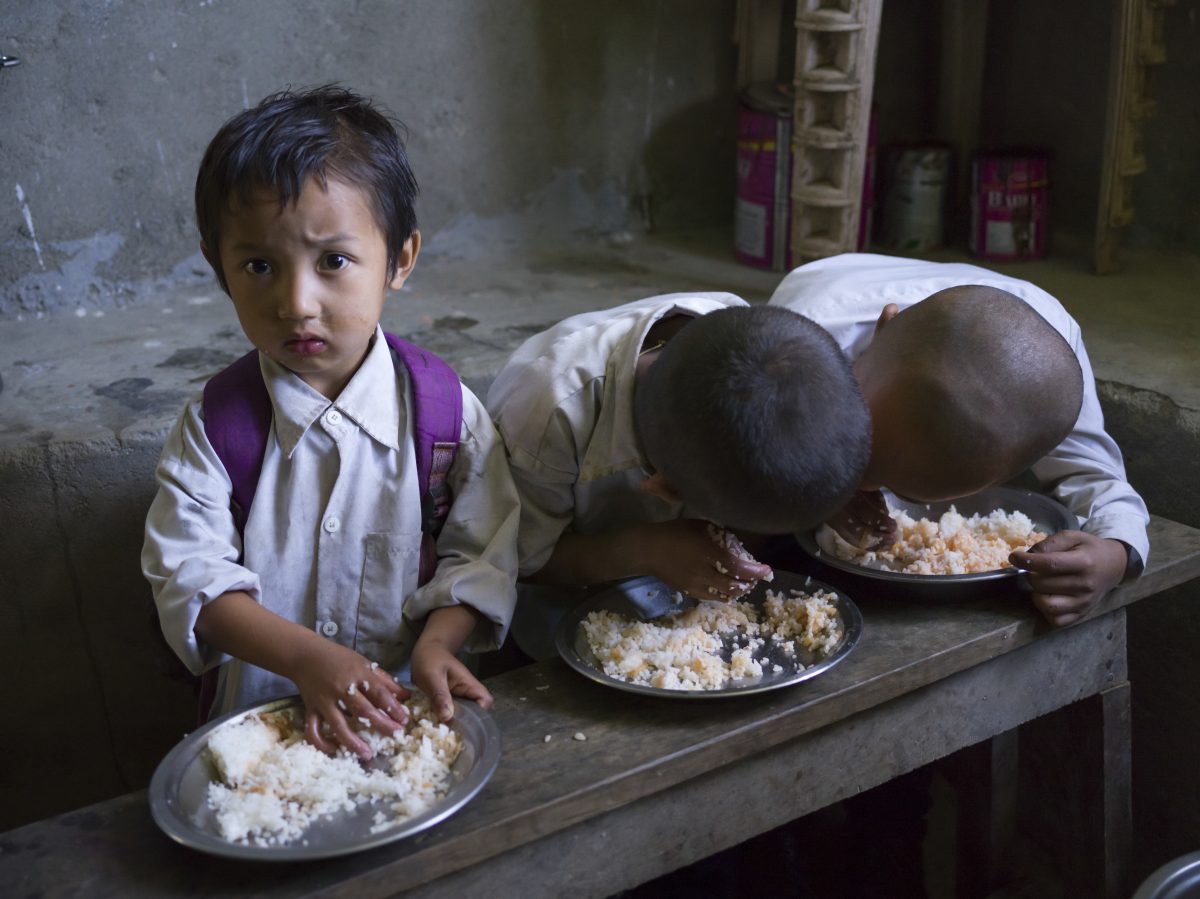
This week saw the launch of a report by the World Health Organization (WHO), judging how the world is faring in making progress on eliminating violence against children.
An act of violence against a child poses to be immensely damaging to a child’s emotional and physical wellbeing. As the WHO report outlines, “violence can result in death, injuries and disabilities. Over the course of their lifetime, children exposed to violence are at increased risk of mental illness and anxiety disorders; high-risk behaviours like alcohol and drug abuse, smoking and unsafe sex; chronic diseases such as cancers, diabetes and heart disease; infectious diseases like HIV; and social problems including educational under-attainment, further involvement in violence, and crime.”
The problem is widespread. The report outlines that as many as one billion children are affected by violence; an estimated one in two children between the ages of two and seventeen “experience some form of violence each year.” This includes one-third of students between the ages of eleven and fifteen subjected to bullying in the month preceding the report. An estimated 120 million girls “have suffered from some form of forced sexual contact before the age of twenty years.” One-third of children are affected by emotional violence. A quarter of children live in a home where their mother is subjected to intimate partner violence.
The Sustainable Development Goals outline why counteracting violence against children is so important. The WHO report notes “the elimination of violence against children is called for in several targets of the 2030 Agenda for Sustainable Development, but most explicitly in Target 16:2: “end abuse, exploitation, trafficking, and all forms of violence against and torture of children.”
The issue, tragically, is pervasive in India. UNICEF India reports that “violence against children is widespread and pervasive and remains a harsh reality for millions of children in India.” This comes in a country which, as Tata Trusts points out, is home to the world’s largest child population with 480 million people belonging to the 0-18 age demographic. Within this age group, according to Tata, almost 66 percent are the target of physical abuse and 53 percent the target of sexual abuse. There is clearly a pressing need to address violence against children in India – and the WHO report outlines ways this can be achieved.
“National-level recommendations are prioritised,” the report states. This includes the “[promotion of] good governance and coordination”; “[prioritising] data collection and national action plans”; “[strengthening] legislative frameworks”; “[using] evidence to enhance the effectiveness of prevention and service programming”; and “[ensuring] adequate funding.”
Fundamentally, no child should be victimised, in any sense. Be it emotional, physical, or sexual abuse, it is unacceptable.
Health Issues India has reported before on child health and wellbeing. Last year, I authored an article for this publication quoting Mahatma Gandhi: “Basic education links the children, whether of cities or the villages, to all that is best and lasting in us.”
Children are a fundamental tenet of society. Their wellbeing is our wellbeing. A society cannot advance in the absence of policies and actions by decision-makers to ensure that a child can fully realise their potential. When Save the Children released a report concerning child wellbeing in India, they said the following: “a generation ago, a child was twice as likely to die before reaching age five, seventy percent more likely to be involved in child labour and twenty percent more likely to be murdered.”
This, indisputably, is good.
But what is also indisputable is the need for more to be done.
“Save the Children notes that one in every four children lack the experience of childhood in any meaningful sense of the word..while progress undoubtedly has been made, more is needed to ensure the children of the world are happy, healthy, and able to realise their complete potential,” I wrote at that time. The WHO report underlines that that is a distant prospect for as many as one billion children worldwide.
Jawarhalal Nehru, India’s inaugural Prime Minister, is regarded as Chacha Nehru (“Uncle Nehru”). Children’s Day is observed on his birth anniversary in honour of this title.
“Children are like buds in a garden and should be carefully and lovingly nurtured, as they are the future of the nation and the citizens of tomorrow,” Nehru said. Are we fulfilling this? In many respects, the answer is no. In others, the answer is yes. My colleague Nicholas Parry discussed this dichotomy on World Children’s Day last year, noting that “child health in India is a situation that is dire, yet slowly improving.”
The country experiences a considerable burden of malnutrition among its youth. At the same time, it has realised significant progress against vaccine-preventable diseases that incur a toll among those aged under five. The eradication of polio and smallpox stand as testament to this. Yet there is only so much public health authorities can do. There must be a concerted, government-led response (at the central, state, and local levels) to enforce existing norms and standards to ensure no child has to endure the trauma of a violent upbringing.
Violence against children will be an impediment to children’s progress in India on all fronts until it is resolved. The WHO reports highlights how the COVID-19 pandemic has influenced this – it notes “according to unverified media reports, in China…France…India…and South Africa…the COVID-19 lockdown has coincided with substantial increases in helpline calls for assistance to deal with child abuse.”
In unprecedented times, we should not shy away from a viewpoint that is far from unprecedented. Every child deserves to be loved, safe, provided for, fed, educated, reared well and provided the opportunity to advance and excel, irrespective of their background, their sexual orientation, their gender, their religion, or their race. This is true in India – and when millions of children are subjected to abuse, this must be combated efficiently, effectively and, above all else, decisively.
“The Global Status Report on Eliminating Violence Against Children 2020” can be accessed here.

